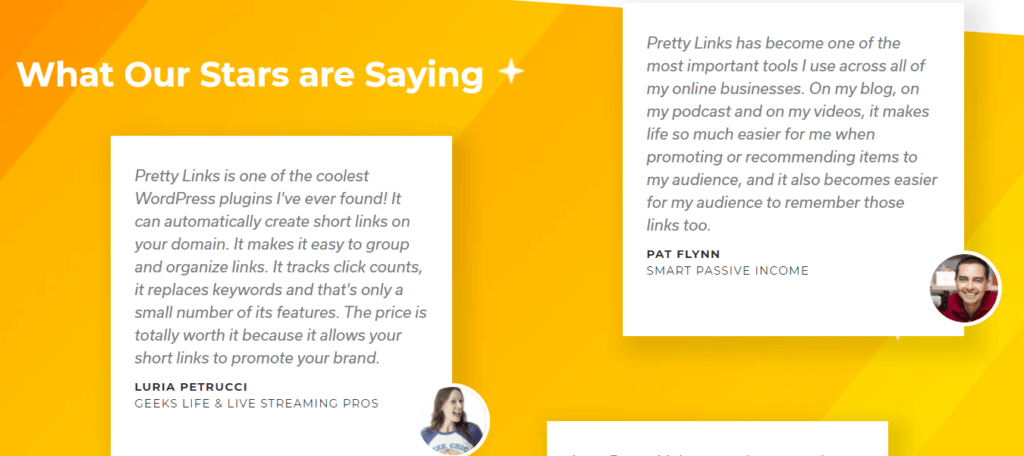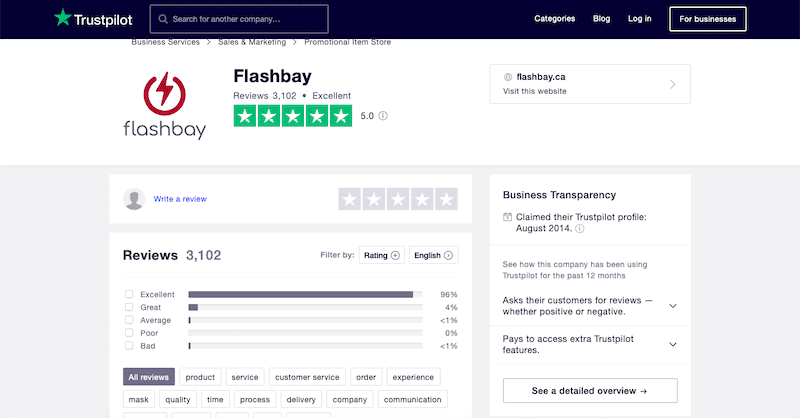Contents
Establishing a credible reputation is crucial for the success of any ecommerce marketing strategy. You can drive all the traffic in the world to your website, but it won’t mean much if you have products that you can’t sell.
Fortunately, one of the best ways to build a positive reputation is also one of the most natural: word of mouth. Human beings are pack animals, and we generally want what others have. Therefore, you can maximize conversions by using social proof in your marketing strategies.
This article will explain social proof and how it can benefit your ecommerce business. We’ll then offer three ways to introduce it into your marketing strategy. Let’s get started!
What is Social Proof?
Social proof is one of the most effective marketing tools available to businesses. It influences the decision-making process of billions of consumers every single day. However, most people don’t even realize that it’s happening.
The Social Proof Theory says, that human beings will consider the decisions of others when faced with uncertain situations. When it comes to ecommerce, consumers will seek peer recommendations when deciding on products or services.
Social proof can be as simple as receiving a product recommendation from a friend. However, the most effective validations for ecommerce marketing are those that reinforce your brand’s credibility.
For example, many businesses use testimonials as forms of social proof:

Showing images and positive comments from clients is an effective form of social proof. It shows other potential customers that your business has a good reputation.
Why Social Proof Can Benefit Your Business
Other marketing techniques, such as paid advertisements or email campaigns, may appear overly salesy or insincere. On the other hand, social proof offers testimonies from real people or brands that consumers are more likely to trust.
The most effective social proof techniques usually use the Bandwagon Effect. This theory says that the larger the existing client base, the more customers the business will draw in.
Many strategies also utilize the Halo Effect. It claims that the more renowned the social proof provider is, the more compelling their testimonies are.
For example, a high-profile business writing a positive review for another company can hold greater weight than a startup’s testimonial:

A well-established social proof marketing strategy has the potential to:
- Build your brand’s reputation
- Increase knowledge and trust in your products and services
- Drive conversions
As such, it’s worth considering how you can leverage social proof on your blog or website.
3 Ways to Effectively Use Social Proof for Your Business
We have established why social proof is critical for ecommerce businesses. Now, let’s look at a few ways you can integrate it into your marketing strategy today.
1. Feature Customer Testimonials
One of the best ways to build a brand reputation is by using testimonials from previous clients. While anyone can write a review, those from respected brands or industry leaders are usually the most effective ones.
Having trusted people attesting to the quality of your product is valuable. New potential leads are more likely to make those final steps and convert into paying clients if they read positive feedback.
The first step in this strategy is to acquire the reviews themselves. However, this doesn’t have to be a challenging process. If you have quality products or services, feedback can be easy to find.
You can revisit your client list and send follow-up emails asking for feedback. Pick the most influential comments and begin introducing them to all levels of your marketing strategy.
For example, you can create a testimonials page on your site and highlight the best comments or even videos:

Alternatively, you can utilize positive feedback in your social media posts and email marketing campaigns. You can pair these posts with links to your relevant products.
Then, you can test the effectiveness of your campaigns with our link testing tools. As such, you can see if particular testimonials are more beneficial to your business.
2. Maintain Positive Feedback With Customer Reviews
Customer reviews are similar to testimonials in many ways. However, testimonials are usually carefully selected and tailored by company marketing teams. In contrast, reviews offer unfiltered feedback from average users. As such, they can be more accurate indications of quality.
Showing customer feedback can influence consumer purchasing decisions. According to recent statistics, approximately 90% of buyers read product reviews before making a purchase. Furthermore, up to 88% of these people trust reviews as much as personal recommendations.
To gather customer feedback, you can enable users to leave comments or star ratings directly on your ecommerce website. Alternatively, you can rely on third-party review platforms such as TrustPilot:

However, establishing a feedback cycle is the easy part. To reap the benefits of customer reviews, they should be primarily positive comments.
You can maintain healthy feedback by staying on top of your review feeds and answering promptly. You should also consider being apologetic with negative reviewers and offering alternative solutions.
3. Leverage Your Followers on Social Media
To establish your business as an authoritative brand, growing your online presence on social media is essential. Platforms such as Twitter, Instagram, and Facebook are titans for promoting brand recognition and reliability.
With over a billion active users on Instagram alone, a well-established social media strategy can be a massive asset for accumulating followers. With more subscribers, you also have a higher chance of increasing your conversions.
You can promote your own business and services on your social media pages. Furthermore, you can utilize influencers to market on your behalf. They can appeal to their unique audiences and attract new traffic to your site.
We recommend making your content easily shareable on social media platforms. For example, you can use our Social Buttons Bar in your posts and pages:

This feature sits at the top of your posts. When readers click on any of the buttons, they generate concise and “pretty” links to share on social media platforms. These URLs are generally more visually-appealing, increasing the chances that people will click on them.
Conclusion
Providing social proof is one of the easiest ways to drive conversions on your website. By building credibility, you are showing potential customers that you have a product worth buying.
You can use some of these strategies to provide social proof for your business:
- Show off testimonials from industry leaders or other reputable companies.
- Display and respond to customer reviews of your services or products.
- Utilize established social media platforms and influencers to promote your business.
Do you have any questions about introducing social proof techniques into your marketing strategies? Let us know in the comments section!
If you liked this article, be sure to follow us on Facebook, Twitter, Pinterest, and LinkedIn! And don’t forget to subscribe in the box below.









Leave a Reply